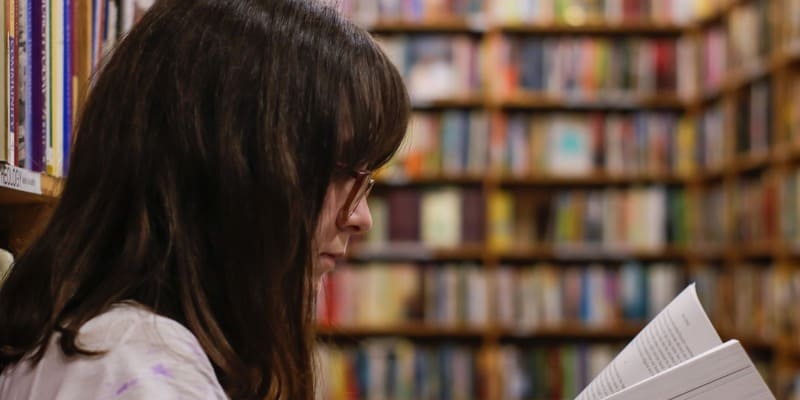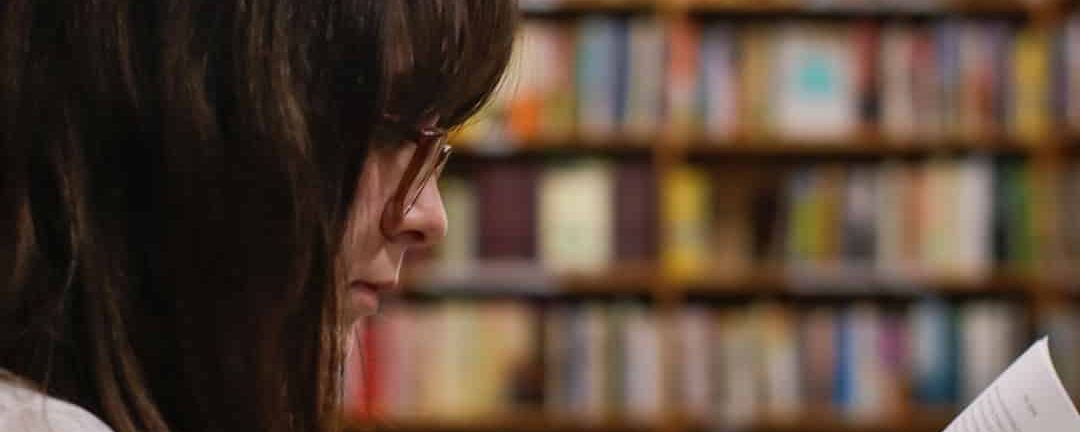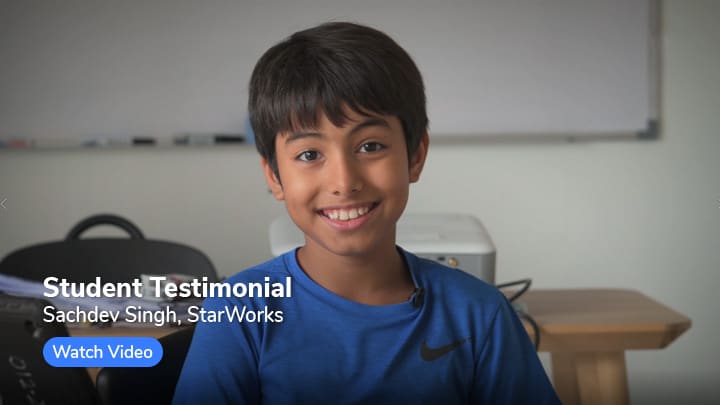
Why Students Should Practice Critical Reading
How often do people read these days? According to Cartridge People, 41% of people in the UK spend less than an hour a week reading or listening to books. The pandemic has increased the amount of people reading, and with it, the need to read critically.
What is critical reading and why should people, especially students, practice it? Read on to find out.
What is critical reading?
Critical reading is an act of active reading. While many students may consume a lot of storybooks or online text, they often do so without questioning the text or analysing it. Critical reading creates a deeper understanding of the text, as you would analyse, interpret and evaluate it. For example, one may look into a news report about a traditional festival from a cultural perspective and think about how the text represented the event to their audience.
Of course, critical reading is not something that should be practiced all the time, as it requires a lot of mental exercise, but can be a good habit to establish when encountering text. Reading is still a good source of mental stimulation and entertainment. However, asking questions like ‘Why is this text written?’ or ‘Why is this text written in this way?’ not only helps students understand how a text works, it can also improve their writing.
Why should students practice critical reading?
Without putting critical reading or thinking into practice, some students simply do not question what they read. This can lead them to miss out important information or implications of the text, leaving them susceptible to being manipulated. Take a look at advertisements for example, most advertisements use persuasive language to sell their product or service to the audience. Questioning the claims or promises in the ad is an example of critical reading.
Students who read critically will be able to separate opinion from fact. This skill is particularly important not only in reading but for discussions as well. Students who are able to distinguish them can extract key information quickly and avoid being tricked by misrepresented opinions. They will be able to sort out valid and relevant information depending on the topic, avoiding fallacies and protecting them from fake news.
Reflecting on their own biases and opinions is also part of critical reading. Students get to think about what assumptions they are making when reading something. This helps them challenge their own thoughts and opens their mind to newer ideas and perspectives. This aspect of critical reading comes hand-in-hand with critical thinking, an important, sought-after skill. Read about how to think critically here.
Like critical thinking, critical reading should be put into practice from upper primary level onwards. StarWorks is our comprehensive enrichment programme which focuses on critical reading, critical thinking, writing and speaking. Sign up today to be eligible for an early bird discount! The offer will end on 1 April 2021.
Read what our students have to say about StarWorks:
“PrepWorks has features such as friendly staff and amazing education techniques. The teachers there are very experienced and they are also very caring for our needs. I can see why PrepWorks is a popular choice for most parents and it is only through PrepWorks that I managed to come this far in writing.
Before I went to PrepWorks I did not know how to write a good persuasive argument, input my feelings and describe my surroundings using my five senses. Now that I have experienced PrepWorks, I am very confident in my writing skills. I am astonished by the amount of hard work and generosity the teachers have put into my education. I would like to thank teacher Nazya in particular as she was the one who guided me through the concepts of writing.”
Chong Yong Ho, Student









